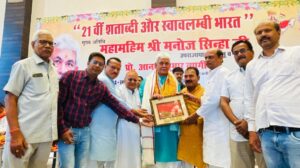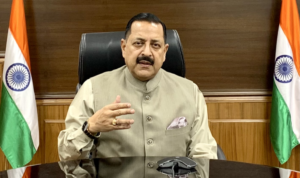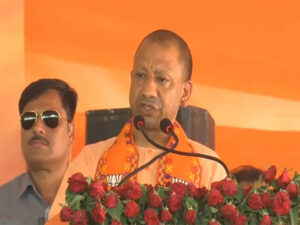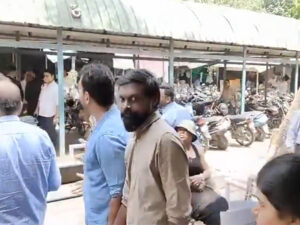Nearly 40 times, courts rejected pleas on EVMs: EC officials
New Delhi, Apr 26 (PTI) On a day the Supreme Court rejected pleas seeking a return to the ballot paper system, Election Commission officials pointed out that constitutional courts on at least 40 occasions have rejected petitions challenging the reliability of the electronic voting machines.
The functionaries also referred to the recent remarks of Chief Election Commissioner Rajiv Kumar that EVMs are “100 per cent safe” and political parties know in the “heart of their hearts” that the machines are fair.
The top court on Friday rejected pleas seeking complete cross-verification of votes cast using EVMs with a Voter Verifiable Paper Audit Trail (VVPAT) and said “blindly distrusting” any aspect of the system can breed unwarranted scepticism.
Maintaining that “democracy is all about striving to build harmony and trust between all institutions”, a bench of Justices Sanjiv Khanna and Dipankar Datta delivered two concurring verdicts and dismissed all the pleas in the matter, including those seeking to go back to ballot papers in elections.
“Almost 40 times constitutional courts — the Supreme Court and the high courts — have rejected pleas challenging EVMs,” CEC Kumar had said addressing a press conference here on March 16 while announcing the schedule for the ongoing Lok Sabha elections.
Citing a publication of the EC, he said it shows on how many occasions ruling parties have been voted out in elections where EVMs were used. “Political parties have come into existence due to EVMs. There are many smaller parties, which in the age of ballot paper, might not have come into existence,” he had said.
He said the EVMs are fair and political parties recognise it in the “heart of their hearts”. He also described them as “100 per cent safe, 100 per cent sure”.
The apex court bench also issued two directives. Pronouncing his verdict, Justice Khanna directed the Election Commission to seal and store units used to load symbols for 45 days after the symbols have been loaded into electronic voting machines in strong rooms.
The apex court also allowed engineers of the EVM manufacturers to verify the microcontroller of the machines after the declaration of the results on the request of candidates who stood second and third.








